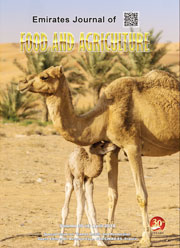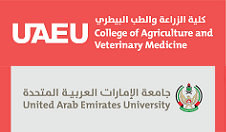MANGO (MANGIFERA INDICA CV. AZÚCAR) ANTIINFLAMMATORY AND CHEMOPREVENTIVE ROLE DURING COLORECTAL CARCINOGENESIS
DOI:
https://doi.org/10.9755/ejfa.2015-08-593Keywords:
Mangiferin indica, Colorectal cancer, Chemoprevention, Prostaglandin E2, CytokinesAbstract
Chemopreventive activities of natural compounds result in the modulation of several pathways and molecular targets. It is common to find
effective potential candidates for cancer chemoprevention with anti-inflammatory properties. Mango (Mangifera indica cv. Azúcar) has shown
anticarcinogenic effects and it is a source of bioactive compounds. This study evaluated the effects of mango on Aberrant Crypt Foci formation
and inflammatory biomarkers after initiation of colon carcinogenesis in AOM-treated mice. Ripped mango pulp (Mangifera indica cv. Azúcar)
composition was identified by HPLC. Azoxymethane-treated mice received the fruit (0.3% w/v) for eight weeks and the distal part of colon
was collected and stained with methylene blue to look for aberrant crypt foci (ACF); scrapped mucosal cells were processed for prostaglandin
E2 detection by ELISA; and blood levels of pro-inflammatory cytokines (interleukin-1Beta, tumor necrosis factor-alpha, interleukin 6) were
also assessed by ELISA. Student’s t.test was used for the comparisons between mango treated and untreated groups. ACF formation was
reduced by 67.5% and prostaglandin E2 levels were also reduced in mice which ingested the fruit. Cytokines levels were unchanged by
mango consumption. In the chromatography were identified phenolic acids and Beta-carotene. Mango pulp showed chemopreventive effects
through the reduction of ACF formation, by means of blocking hyperproliferation which is correlated with decreasing levels of PGE2.










 .
.